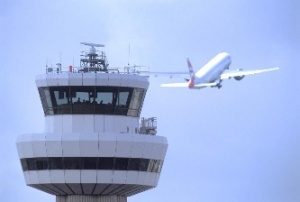A4E: Abolishing air passenger taxes would boost European GDP by €215 billion

A new study commissioned by A4E from PwC - “The economic impact of air taxes in Europe” - shows that abolishing all air passenger taxes in the European Economic Area would boost European GDP by €215 billion (cumulative) over the next 12 years.
Benefits of such a move would grow from an additional €10.5 billion in 2018 to €25 billion per year by 2030.
This would create 47,000 jobs in the two years following the taxes abolition with a total of 110,000 new jobs created by 2030.
“The study demonstrates the impact of passenger taxes, which hinder economic growth and tourism.
“Countries which have scrapped them have seen a boom in air traffic which has benefited their economies.
ADVERTISEMENT
“Member States cannot just close their eyes to reality once they understand the maximum economic benefit which would be unlocked through the removal of these taxes.
“We urge European countries to remove these taxes which are stifling the industry’s ability to deliver sustainable growth and bring economic and social benefits to Europe.
“This is in line with the European Commission’s strategic priorities: tapping into growth markets and tackling limits to growth in the air and on the ground,” said Thomas Reynaert, A4E managing director.
The report by PwC estimates that total air passenger taxes will raise €6 billion in 2017.
According to the report, removing aviation taxes across Europe would boost economic activity and generate an equivalent amount of revenue in indirect taxes.
“Today, we have good news for the European economies and tourism which will be benefitted from the abolition of aviation taxes.
“Removing all air passenger levies would add more than 45 million passengers by 2020, with more than half being tourists,” added Reynaert.
The report estimates that these passengers would increase tourism expenditure by around €8.9 billion by 2020, raising the total additional expenditure to €12.5 billion.
Lower taxes would also increase traffic within Europe which would further improve connectivity and trade.

